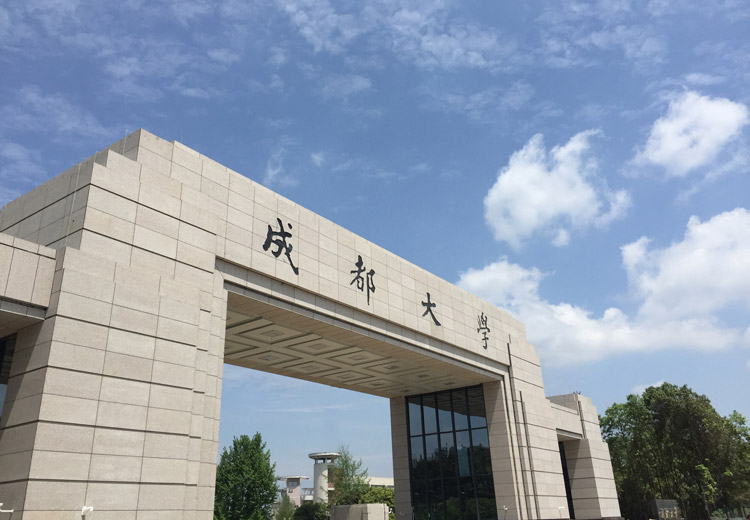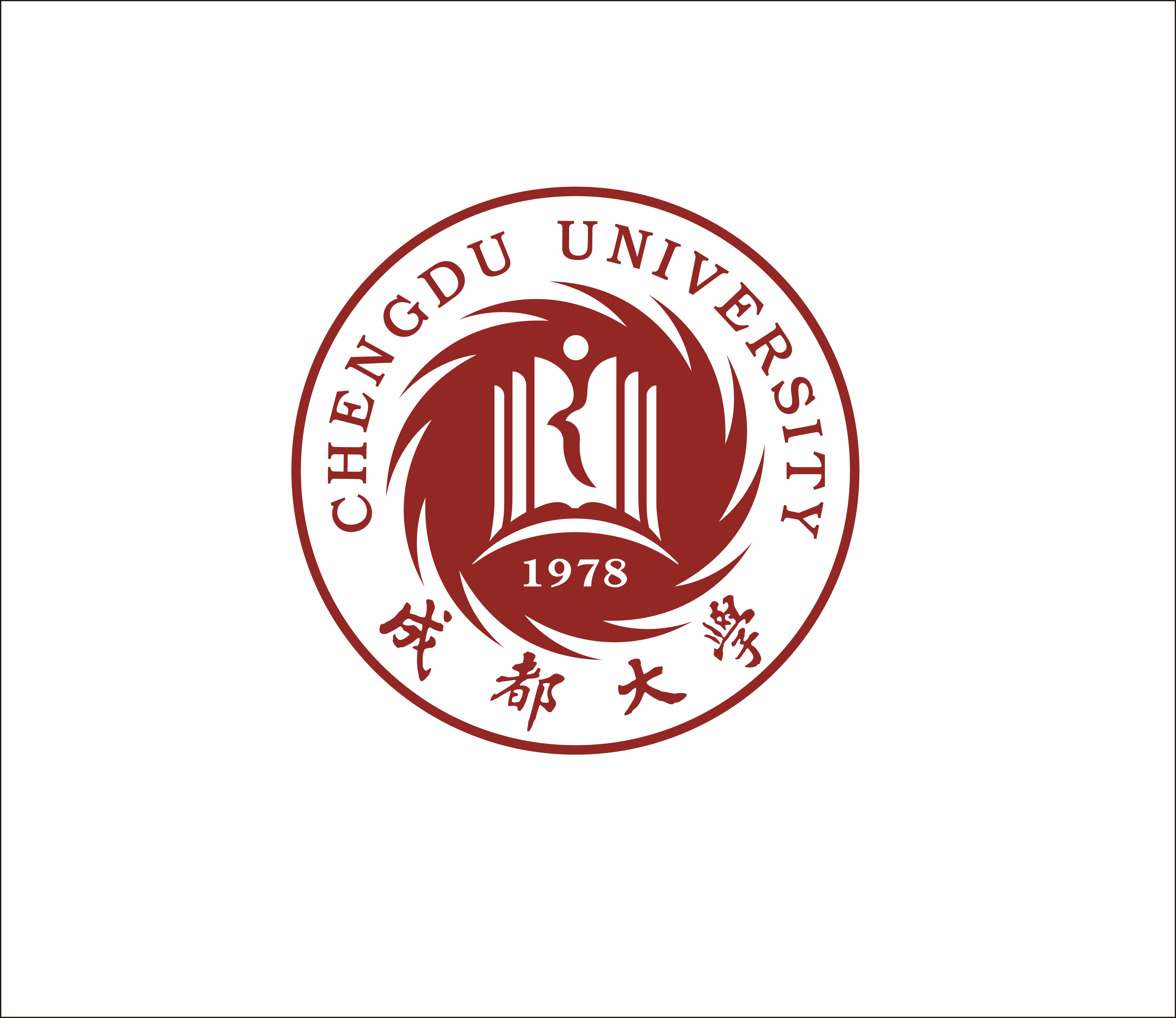Facilitating expert exchange at Chengdu University

Sponsored by

Seeking to foster fruitful collaborations at home and abroad, Chengdu University facilitates lectures and conferences with experts from around the world
While the primary goal of China’s 111 Project is to enable technology transfer in the higher education space, technology does not exist in a vacuum. It needs to be managed and deployed correctly to deliver the desired results. That’s why innovation bases like the one at Chengdu University are facilitating expert exchange alongside technology transfer.
Since Chengdu’s base was established in 2023, it has seen numerous overseas experts provide lectures, symposiums and guidance to academics and students at the undergraduate and postgraduate levels. The base has also provided training to more than 10 junior teachers, been at the centre of 29 national, provincial and ministerial scientific research projects, been cited in 142 high-level academic papers, and issued a total of 28 national invention and utility model patents.
One of the overseas experts at Chengdu’s innovation base is Guocai Chai, a professor of engineering materials at Linköping University in Sweden and global group expert at Alleima, a developer and producer of advanced stainless steels and other materials. Working alongside Chai is the base’s high-level foreign expert Jérémie Courtois. Together, Chai and Courtois teach courses such as material mechanics to graduate students at Chengdu University.
Through the joint efforts of the base and its overseas experts, the scientific research capabilities and international vision of young researchers and students have greatly improved. Course design, skills training and research outcomes have all been significantly enhanced at the base, which has also seen its regional influence grow substantially.
The university regularly hosts international conferences to further promote the exchange of expertise. For example, Chengdu University recently hosted the 2022 International Conference on Translational Research and Innovation, which had a special focus on green energy and sustainable development. The event attracted participants from nine countries, with 71 experts sharing their insights with fellow scholars, teachers and students. Nearly 200 people attended the conference, with well-known international experts and academics delivering reports and keynote speeches.
The initiatives that emerge from partnerships between Chengdu University’s internal teams and overseas experts must result in more than simply one-off projects or isolated success stories. As such, the base’s team has established a robust proposal for the joint training of graduate students and a long-term mechanism for the further instruction of young academics.
Partnerships, whether international in focus – like the base’s joint laboratory with the Research Institute for Geo-Hydrological Protection in Italy – or domestic – as with the university’s work strengthening cooperation with government regulatory departments, state-owned organisations and private enterprises – are designed to create enduring academic and economic connections. By facilitating a fruitful exchange of ideas, inside China’s borders and beyond, it is hoped that Chengdu University will broaden the international horizons of academics and students at the institution.